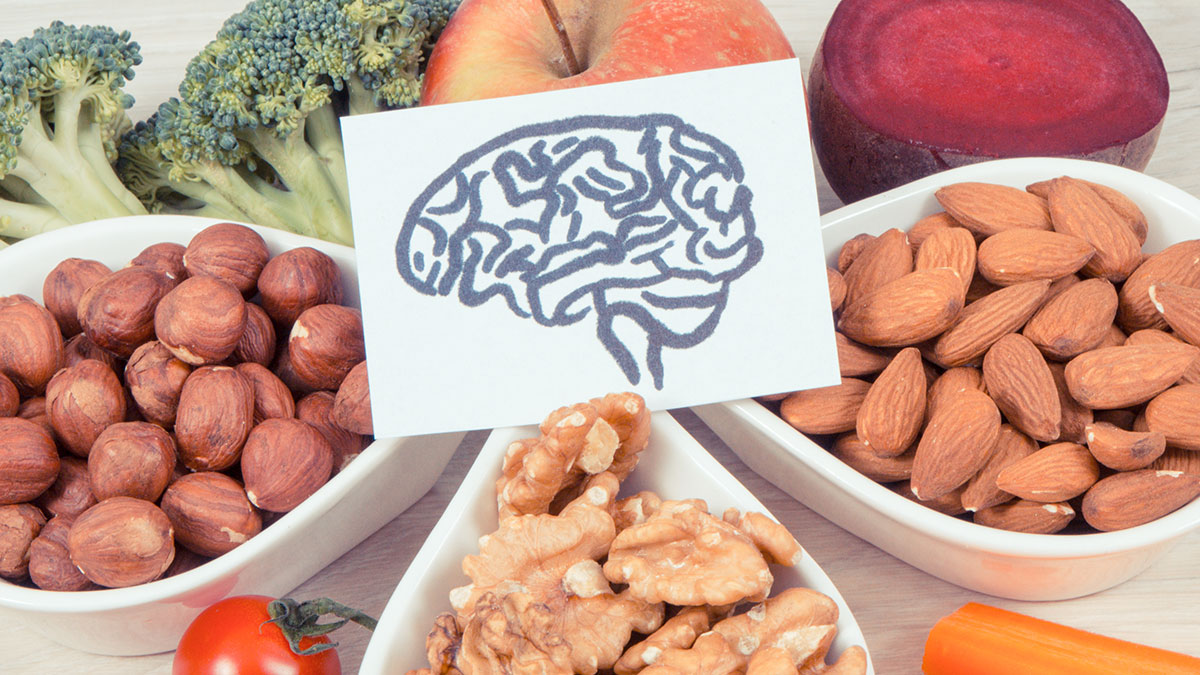Dementia. It’s something most of us fear as we head towards our latter years, and for good reason. According to Dementia Australia, almost one in 10 people over the age of 65 are affected by dementia.
There’s increasing evidence suggesting Alzheimer’s disease and type 2 diabetes could be linked, with some suggesting Alzheimer’s be classified as “type 3 diabetes”. But what is the link and how can you reduce your risk? Advanced accredited practising dietitian and credentialled diabetes educator Kate Marsh looked at the link between the two conditions and how nutrition and lifestyle changes can help.
What’s the diabetes-dementia link?
In 2017, researchers from the Mayo Clinic found an established link between Alzheimer’s and type 2 diabetes and a recent meta-analysis found that people with diabetes had a 56 per cent higher risk of developing Alzheimer’s and a 127 per cent higher risk of vascular dementia. Diabetes also appears to increase the risk of cognitive decline, particularly the longer you have the condition.
The reasons for this association are not fully understood but are most likely related to a number of different mechanisms, including reduced blood flow to the brain, oxidative stress and inflammation.
Researchers from the Mayo Clinic also found that some people have a gene called APOE4, which significantly increases the risk of developing Alzheimer’s by interfering with the brain’s ability to use insulin. This is where the reference to “type 3 diabetes” or “diabetes of the brain” comes from.
How to reduce your risk of diabetes and dementia
There’s good evidence that at least half of the risk of dementia is attributed to lifestyle factors including diet, exercise and smoking. Equally important, having the APOE4 gene doesn’t mean that Alzheimer’s is inevitable, and those with the genotype may benefit even more from making some simple lifestyle changes.
Tips to reduce your dementia risk
Healthy lifestyle. Studies have shown that staying active, eliminating alcohol and smoking, reducing the amount of saturated fats you eat and eating more fruits, vegetables and whole grains can help reduce your risk.
Vitamin B12. Eating more foods rich in B12 vitamins could also help reduce risk. Vegans and vegetarians are at greater risk of vitamin B12 deficiency, as it’s a vitamin found almost exclusively in animal foods. Look for plant-based milks such as soy and almond that are fortified with vitamin B12.
Brain health. While usually diagnosed later in life, disease processes contributing to dementia occur over several decades. Besides adopting healthy lifestyle habits, keeping your brain mentally active and addressing loneliness and depression is also just as important.







